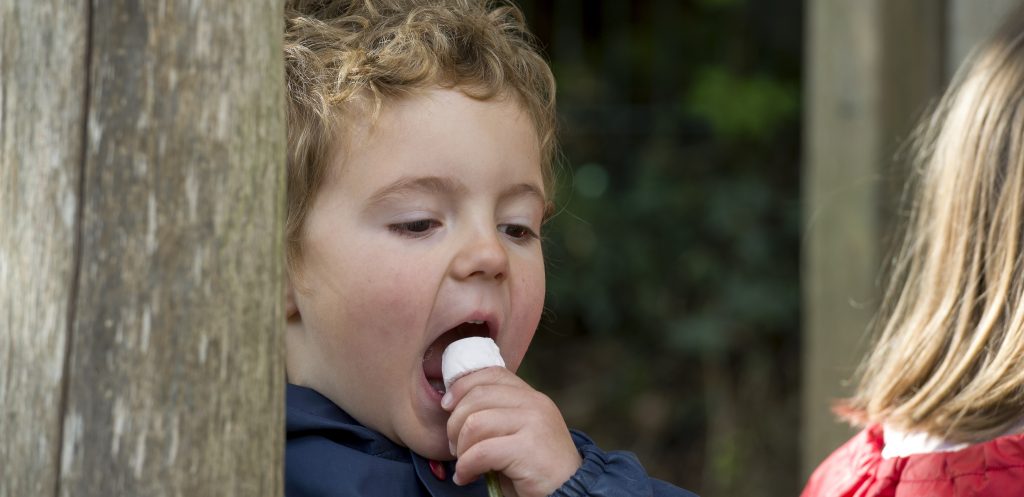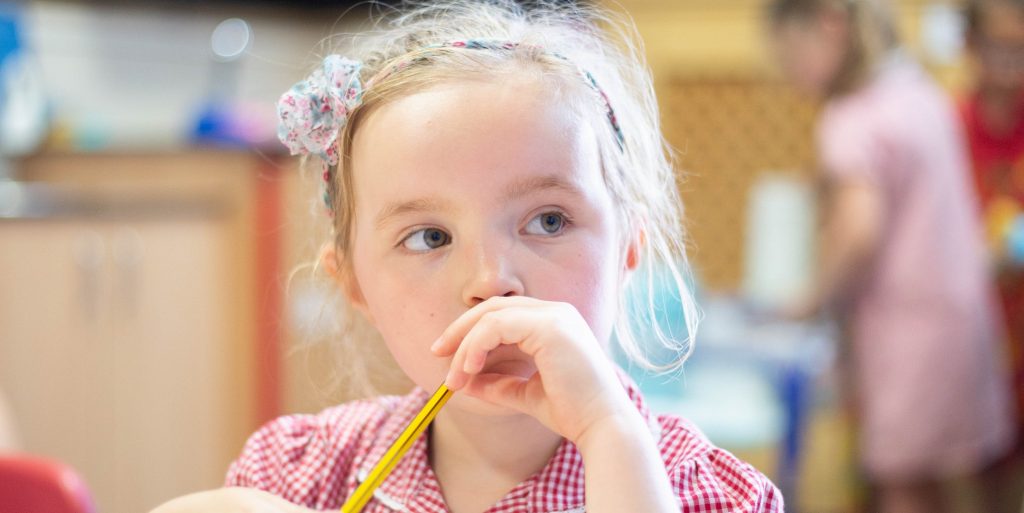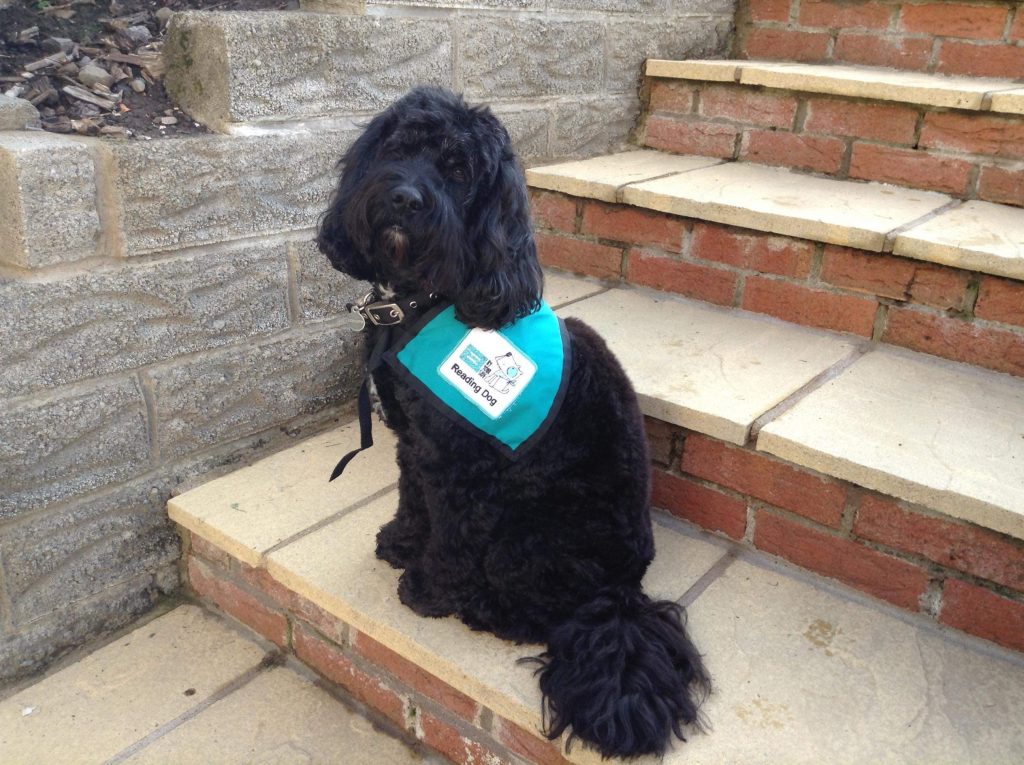
Children learn how to behave All children are individuals, because they are born with their own character. This is why even children within the same family do not react in the same way to similar situations. Even so, a great deal of young children’s behaviour is learned through experience. They learn from how important people […]

Early childhood seems like a time of constant change to adults. Just as you’ve got used to a predictable daytime nap, your child decides that she would rather play and chat than sleep. And just when you’ve worked out how to change her nappy while she’s standing up (because she won’t lie down), she insists […]
Healthy settling for high wellbeing How can we best help children feel at ease so that they are secure and settled in their new provision? To hold children in mind and consider them as the person to put first means supporting their wellbeing as utmost priority. 10 pointers for healthy settling Children confidently leave their […]
This page was written following our Community of practice about transitions. We had a lot of sharing and questioning about this and so we thought we would share it here. Transitions are inevitable Transitions are an inevitable part in every child’s journey. Many papers, articles and books have been written on the subject, some of which […]
Here is a list of books and resources compiled by Anni McTavish to support feelings and behaviour. Reference books Why Love Matters – how affection shapes a baby’s brain by Sue Gerhardt, Routledge How to Talk so Little Kids Will Listen: A Survival Guide to Life with Children Ages 2-7 2017 based on the bestselling […]
When children cry they are telling us something important We need to understand and listen to their tears. Supporting children when they express strong emotions and crying will support their emotional development, develop their resilience, help them to trust, separate from main carers healthily and confidently, and have high wellbeing. Ensuring and promoting high wellbeing […]
ACEs: Adverse Childhood experiences On this page we will collate information we find about Adverse Childhood Experiences (ACEs), a relatively new scientific concept impacting early childhood and our work. The more we find out about ACEs, the more we can apply it in our practice. The science is clear, early adversity dramatically affects health across […]

Animals are special and important to many young children. In fact, even if they do not share their home with a pet, they will meet all kinds of animals through stories, television, film and toys. For example, from the Rainbow Fish to the Very Hungry Caterpillar; from Spot to the Three Bears, many of the much-loved characters in children’s […]
As schools and settings open up fully once more to all children after yet another long lockdown, now is a really important time for practitioners to talk to the children about settling back in when they may be feeling anxious and confused. Changes over the past year due to the pandemic have undoubtedly had a […]
by Cathy Gunning Showing empathy creates calm Showing and demonstrating empathy to children who have experienced trauma and have attachment difficulties, can help them to heal and change. I heard Dr Margot Sunderland, a powerful advocate of this approach, speak at a conference about helping children in their emotions by showing and demonstrating empathy. Dr […]



